Backgrounds
Univention Identity & Access Management will be called Nubus in the future

The Identity and Access Management (IAM) and portal, introduced as Nubus at the Univention Summit 2024, are already functional components of the Univention Corporate Server (UCS). To provide more clarity regarding our products, the Nubus product name will soon be visible within UCS.
A Strong Community – The Univention Help Forum
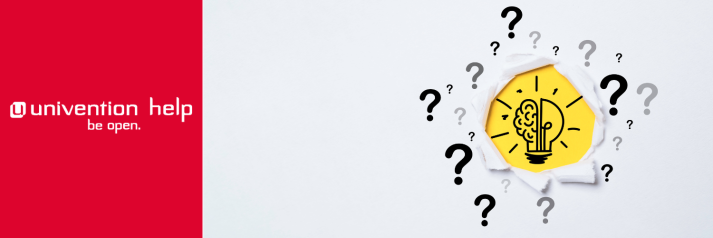
In today’s digital world, we depend more than ever on efficient and reliable software solutions to optimize our business processes and to modernize IT for education. At Univention, we offer solutions that meet the needs of our customers and users. But even the best software can occasionally raise questions or pose challenges.
Let’s Diss Those from the Government!
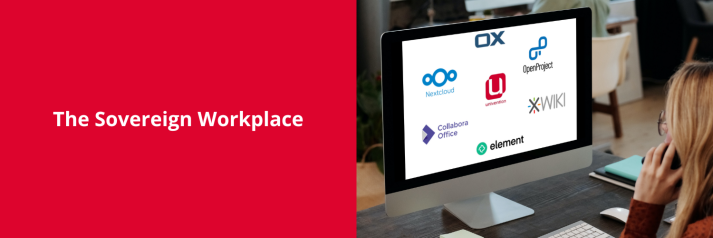
When we think of the administration in Germany in the context of digitalization, we often hear terms like “slow”, “outdated”, “backward” or “analog”. In comparison to other European countries, the administration is not up to date, has to catch up, act faster and finally become more digital. However, our public administration is in many areas […]
Looking back at 16th Univention Summit 2023: Open New Deal as the Basis for Sustainable and Open Digitalization
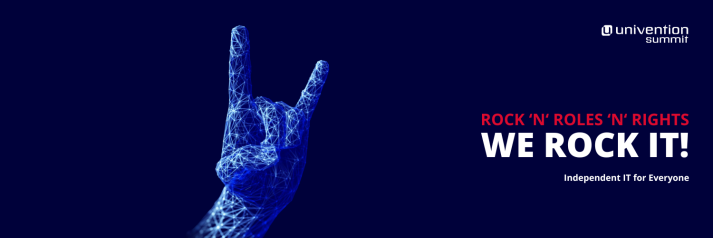
More than 630 IT experts and decision makers from politics, administration, education and the software industry met last week at our Univention Summit 2023 to “rock IT”. The musically inspired motto “Rock’n’Roles’n’Rights – WE ROCK IT!” referred to our focus this year on the further development and expansion of the Univention roles and rights model, […]
Blog Series about Digital Sovereignty
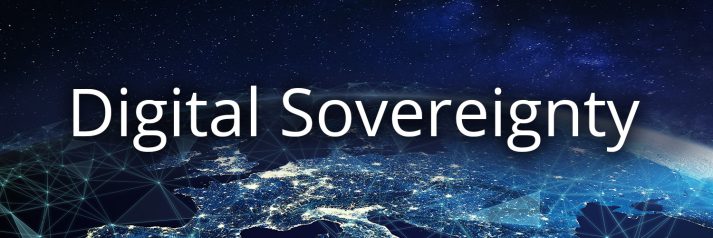
Part 2: Most Important Drivers of the Digitally Sovereign Emergence in Germany and Europe A few weeks ago, our working student Ann-Kathrin dedicated her series on Digital Sovereignty to the what & why. To learn more about the meaning of this now almost overused term and the role of open source in strengthening Digital Sovereignty, […]
Starting signal for the Sovereign Administrative Workplace

A huge opportunity for digitalization of not just the administration! Last week, the project “Sovereign Administrative Workplace” was officially launched at the Federal Ministry of the Interior and in the presence of the Federal CIO State Secretary Markus Richter: Working together with Dataport and a number of other manufacturers from the open source ecosystem, Univention […]
Blog Series about Digital Sovereignty

Part 1: How to secure the ability to create and control for Germany and Europe with Open Source Software What is Digital Sovereignty? Why is it so important? Where does OSS come into play for the development of an intra-European solution and what contribution does Univention make? These are the very questions our working student […]
Cool Solutions on GitHub
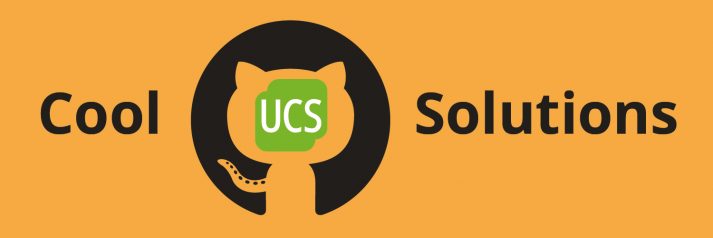
Almost ten years have passed since we published the first Cool Solution for UCS 3.0: in 2011, on November 25 at 8:02 am, we created a new page in the Univention Wiki which collects the Cool Solutions for the different versions of Univention Corporate Server. A lot has happened since then: Many instructions are now […]
Univention Summit 2021: transferring a proven format to the web
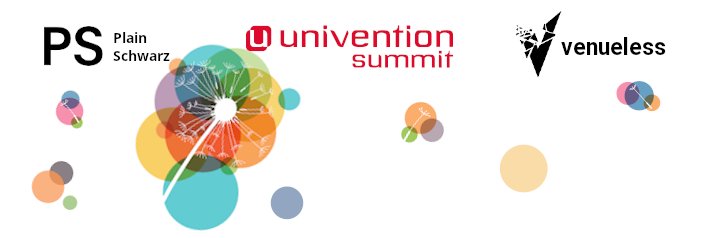
The Univention Summit looks back on a 13-year tradition as a place of exchange and discussion around the topics of digital sovereignty and sovereign IT infrastructures. This year, for the first time, it had to be purely digital. This article looks back at the challenge of translating such an event, with all its interactivity and […]
IT expenses and Covid-19: learnings for companies
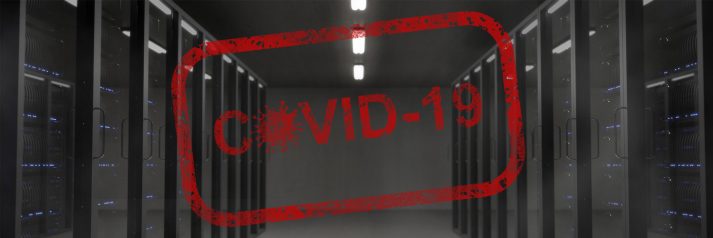
Throughout the Covid-19 crisis, the IT requirements in many companies, organizations and governments have fundamentally changed as has the awareness for IT. For many organizations, it saw the widespread adoption of remote working policies. Often, these changes were required to be implemented overnight, when government- issued stay-at-home-orders created a new reality. Here is the take […]